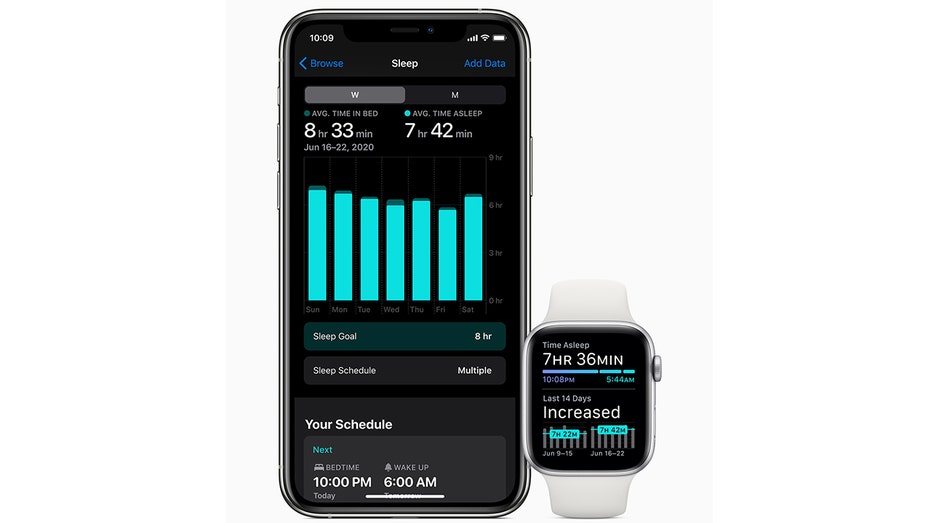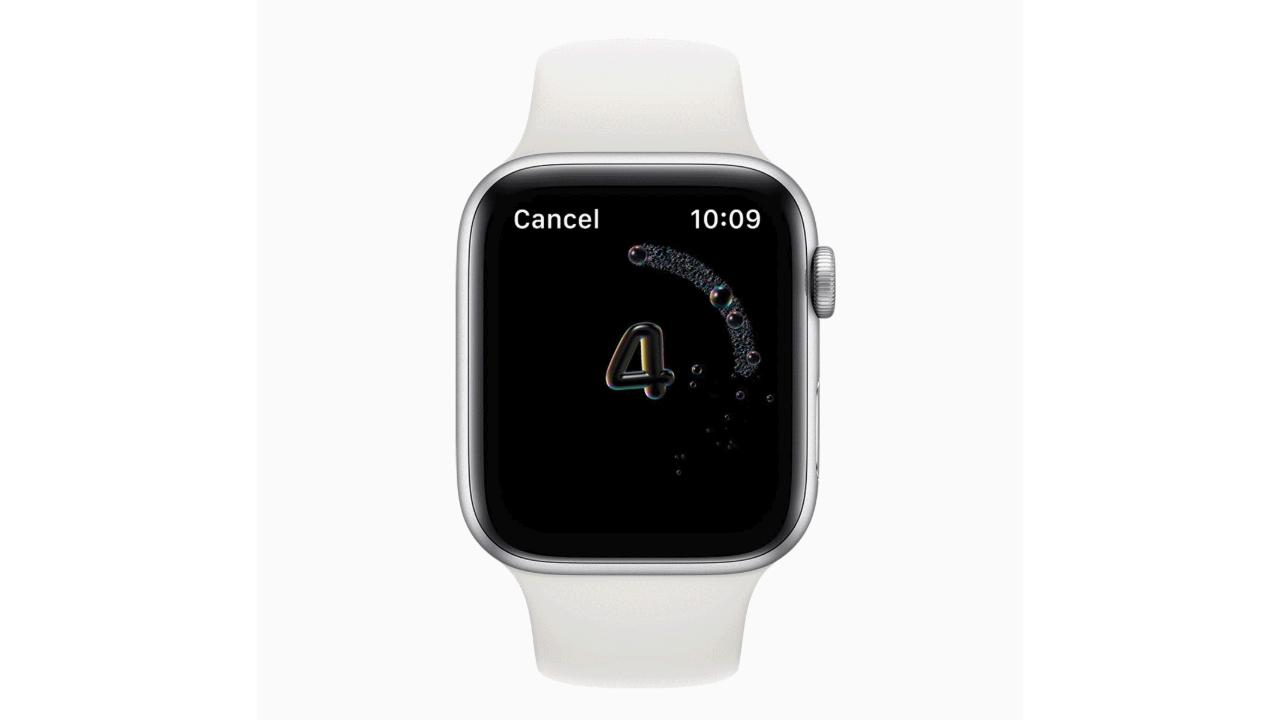Apple WWDC 2020 roundup: All the major announcements
iPhone maker unveiled plans to ditch Intel for its own Mac processor
Apple unveiled several major updates Monday during the virtual presentation of its annual Worldwide Developers Conference.
The iPhone maker moved WWDC to a digital format for this year’s event after the coronavirus pandemic forced Apple to cancel the in-person conference. Apple unveiled updates to operating systems across its ecosystem of products and confirmed plans to end its long-running partnership with Intel, which previously manufactured processors for Mac computers.
| Ticker | Security | Last | Change | Change % |
|---|---|---|---|---|
| AAPL | APPLE INC. | 278.12 | +2.21 | +0.80% |
FOX Business breaks down key updates from the Apple event below.
Apple ditches Intel
In a major decision, the tech giant said it would ditch the Intel processors that have long powered Macs and roll out computers made with Apple chips. The first Mac computers with Apple chips will be released later this year as a part of a transition that is expected to take about two years. The switch is meant to make Mac devices more energy efficient, ensuring better performance and battery life.
Mac computers will be able to run apps originally made for the iPhone and iPad. Developers will able to develop apps that work on all Apple hardware. Apple’s new operating system, Big Sur, was built for integration with the new processors to allow for a smooth transition. Apple computers had used Intel processors for the last 15 years.
WHO IS GOOGLE CEO SUNDAR PICHAI?
“From the beginning, the Mac has always embraced big changes to stay at the forefront of personal computing. Today we’re announcing our transition to Apple silicon, making this a historic day for the Mac,” Apple CEO Tim Cook said. “With its powerful features and industry-leading performance, Apple silicon will make the Mac stronger and more capable than ever. I’ve never been more excited about the future of the Mac.”
HomeKit
Apple's smart home platform will now utilize facial recognition software, allowing users to see who's at the door through their smart doorbells and cameras. Users can also adjust the lighting in their homes. Apple touted security, noting that its Home App and HomeKit utilize end-to-end encryption to protect customers.
Apple is partnering with Amazon, Google and other tech leaders to set up a smart home network, enabling easier use of the burgeoning technology.
Mac OS Big Sur

Apple CEO Tim Cook unveils Big Sur. (Apple)
Apple said its latest operating system for Mac devices was built for smooth integration with its new processors over the next two years and beyond. The update’s primary features included a refreshed version of Safari. The browser will run faster and be more customizable, with a variety of downloadable widgets available in the App Store.
iOS 14

Apple iOS 14. (Apple)
The primary update to the iPhone operating system is its App Library, which categorizes apps on a user’s phone based on their function. For example, Facebook and Twitter would list under a social media tab while Apple TV+ and Netflix will list under entertainment.
Another addition is App Clips, a feature that allows immediate loading of a pared-down version of certain apps for easier access. App Clips is meant to streamline day-to-day tasks such as ordering coffee.
CLICK HERE TO GET FOX BUSINESS ON THE GO
Other updates include picture-in-picture functionality for video, an improved Apple Maps with a special view for cyclists and a Translate app that works in real time.
Apple reiterated its long-running stance that user privacy is a core feature of its products. The App Store will display a short summary of an app developer’s privacy practices, including the degree to which they have access over a user’s iPhone microphone and camera.
Watch OS 7

Apple Watch sleeping tracking. (Apple)
New features for the Apple Watch’s operating system include a handwashing function. If the device senses the user is washing their hands, it will start a 20-second countdown clock. Another addition is a sleep tracker, which tallies how much the wearer has slept and prompts them when it’s time to get some rest.




















